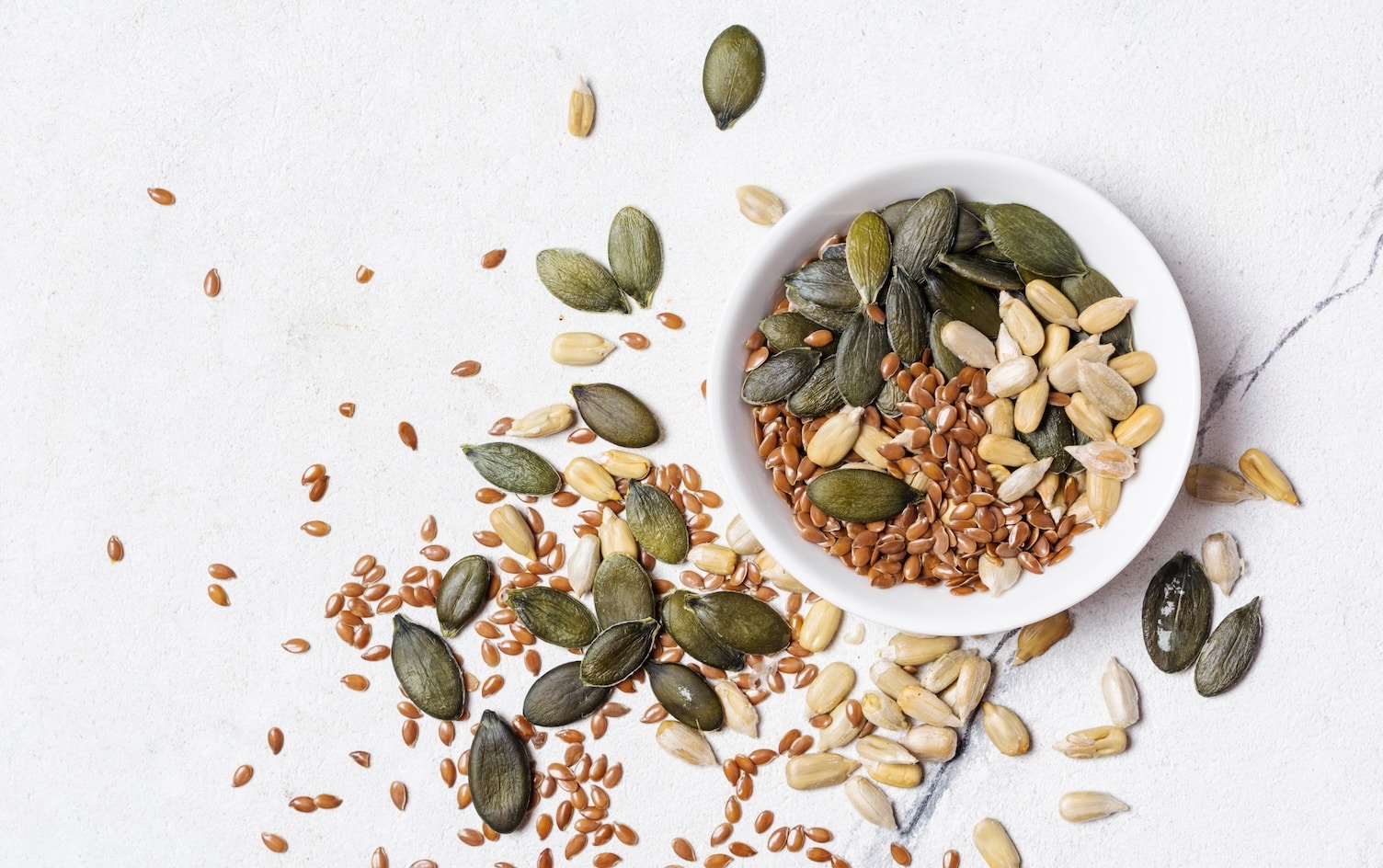When it comes to moving the needle on the scale, dieters are turning to intermittent fasting to cut calories and lose weight. Among the 1/3 of millennials who followed a specific eating pattern, intermittent fasting was the most popular, beating out options like the Paleo, ketogenic and Whole30 diets, according to the International Food Information Council Foundation 2018 Food and Health Survey.
Intermittent fasting incorporates brief periods of fasting with unrestricted eating. The diet can take several forms: Some followers fast for a certain number of hours each day; others eat regular meals for five days per week and restrict calories two days of the week or engage in a 24-hour fast one day per week.
“The proposed theory is that people may consume fewer calories if they are significantly restricting food intake on certain days or times of day, which might alter their metabolism in beneficial ways,” explains Whitney Linsenmeyer PhD, RD, instructor in the Department of Nutrition and Dietetics at Saint Louis University and spokesperson for the Academy of Nutrition and Dietetics.
STUDIES ON INTERMITTENT FASTING
Some studies have shown intermittent fasting can help with weight loss: A 2018 study found that following the 16:8 diet where dieters fasted for 16 hours and ate regular meals for 8 hours helped obese participants consume 350 fewer calories and lose 3% of their body weight over 12 weeks.
Recent research published in the American Journal of Clinical Nutrition found intermittent fasting was no more effective than traditional diets. The 150 overweight or obese women who followed a 5:2 diet (unrestricted eating for five days and two days with significant calorie restrictions) lost more weight during the 12-week study period than the control group. At the one-year follow-up, all dieters lost about the same amount of weight.
“Calorie balance and weight control seem to be most important for good metabolic health [but] the methods to achieve weight loss or maintenance make no difference,” says researcher Tilman Kühn of the German Cancer Research Center. “It’s the amount of net calories that matters.”
FASTING AND METABOLISM
You’ll need to cut 500–1,000 calories per day — or burn at least that many more calories than you’re consuming — to lose 1–2 pounds per week, which is considered a safe rate of weight loss, according to Linsenmeyer. Both intermittent fasting and traditional weight-loss programs advocate eating less and moving more, but fasting is believed to alter metabolism, allowing you to burn more calories at rest. Older research found a 48-hour period of fasting helped increase metabolism by 3.6%; another small study found a 3-day fast led to a 14% increase in metabolism.
Linsenmeyer warns, “The truth is that an extended fast may cause your metabolism to actually slow down in an effort to conserve energy, which is counterproductive to weight loss.”
A lack of current research and no standardized recommendations for fasting — thanks to the multiple forms this eating pattern can take — makes intermittent fasting a controversial approach to weight loss. It also comes with risks such as fatigue or low blood sugar, notes Linsenmeyer.
THE BOTTOM LINE
Despite research showing intermittent fasting is no better than a traditional diet, the eating pattern might still be an effective option for weight loss, according to Kuhn.
“Even if [intermittent fasting] is not superior over daily moderate calorie reduction, it’s not worse,” Kuhn says. “For some, it may be a very good alternative.”




